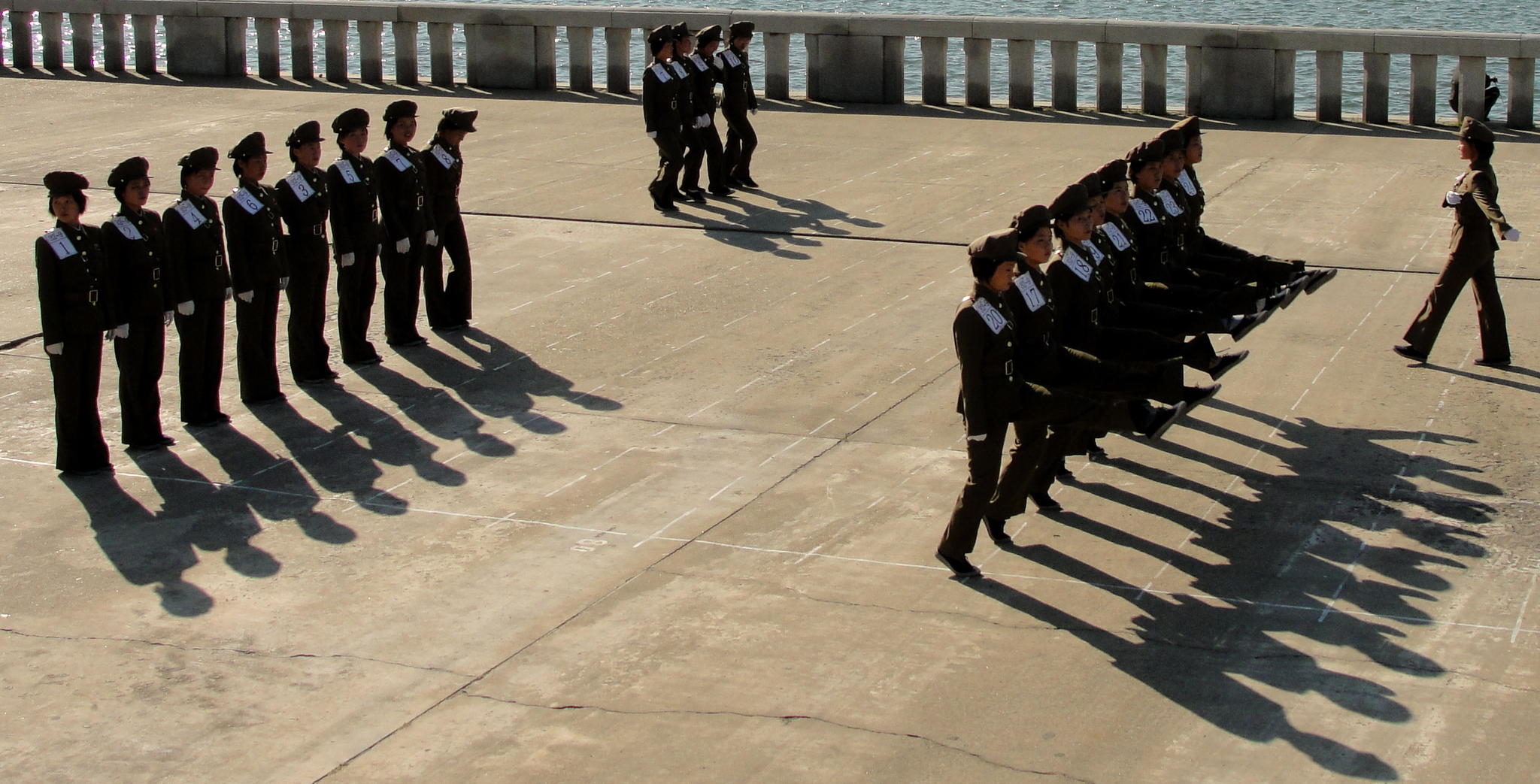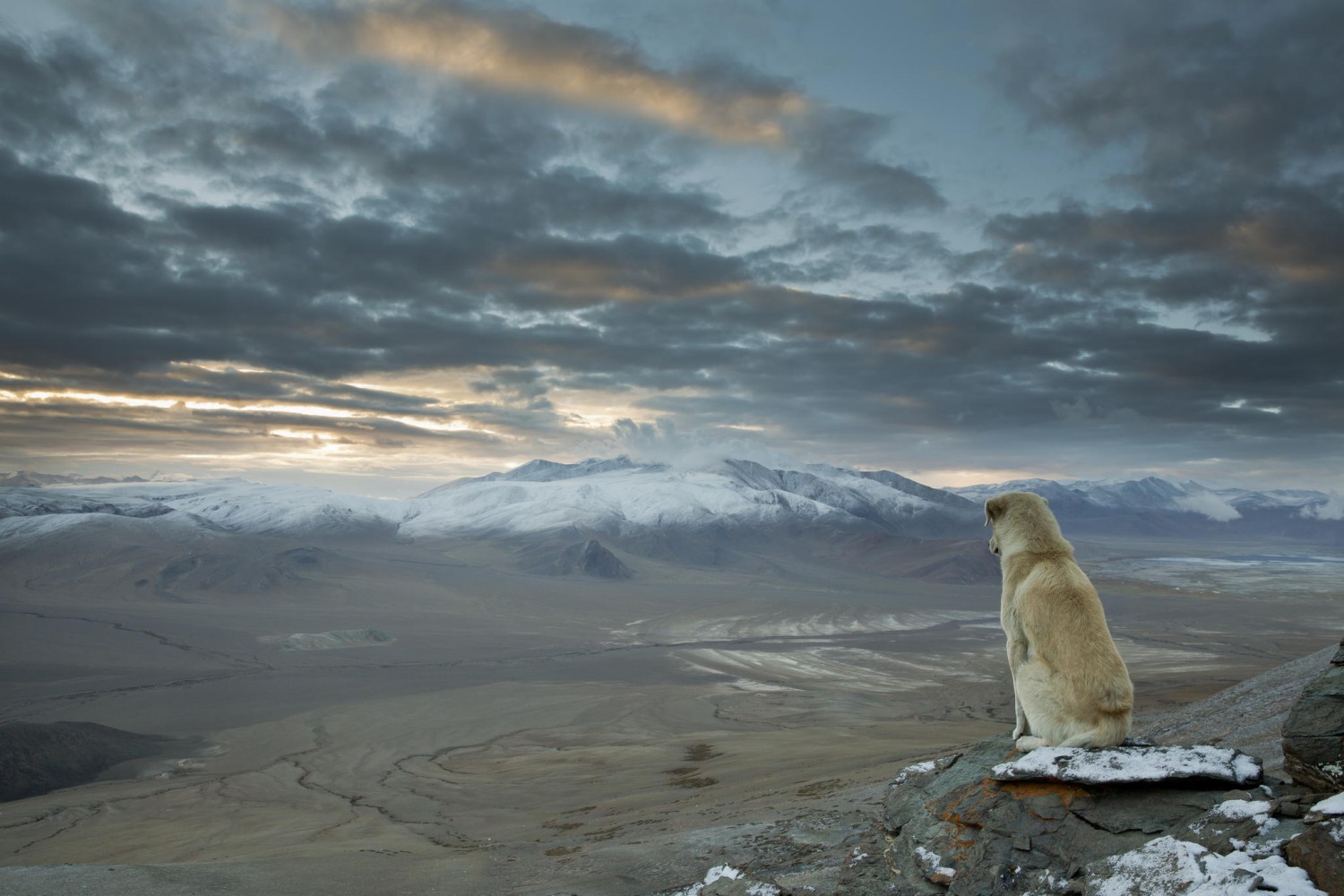A United Nations panel released a 400-page report recently that stated an international criminal investigation will be called for. This will be to explore the crimes against humanity conducted by the authoritarian state. These crimes include “extermination; murder; enslavement; torture; imprisonment; rape; forced abortions and other sexual violence; persecution on political, religious, racial and gender grounds; the forcible transfer of populations; the enforced disappearance of persons; and the inhumane act of knowingly causing prolonged starvation,” according to the report.
The North Korean people did not always know these horrifying circumstances. The state of North Korea was created only six decades ago during the Cold War when a proxy war broke out on the peninsula between the communist Chinese and democratic Americans. At the end of the conflict the country was split in two, divided by their respective leading parties. As a result, thousands of families were split apart as well.
Fast forward to present day, North Korea is shrouded in mystery. It is often referred to as the “Hermit Kingdom” and “the edge of the world”. The outside world’s main information on the country comes from defectors who have fled the state, desperately searching for a more hopeful future and an escape from circumstances described in the UN panel’s report.
Outside visitors are allowed to visit North Korea, their visits categorized into different streams: journalism, charity, tourism, family reconnection. The last category intrigued us. What would it be like to know your family was living in such a place? What would it be like to have grown up with your siblings and then wake up to find them gone one day? We caught up with an insider, who has requested they remain nameless, whose family has known this trauma.
Please note the photos accompanying this story are not related:
My grandfather is from a city on the coast in what is now North Korea. He grew up in a home with his parents, two brothers and one sister. Their family was quite well known in their town, and they did not want for anything. They were happy.
One night they received news that the communists were coming down from the North. The entire town was panicked. There was a huge rush to get to the ships that were taking people to the South. Due to unfortunate circumstances, his family did not make it onto the ship.
The next option was to make the trek from their village in the North down through the Korean mountains to the South, where people were saying it was safe. In the bitter Korean winter, it would be quite the journey. But alas, another twist of fate! Amongst the people who did not make it was my grandfather’s grandmother. There was no way they could manage with both a 70-year-old grandma and three very young children. My grandfather’s family was faced with an impossible decision.
After much deliberation, it was decided that my grandfather’s father would make the journey to the South alone. With hindsight, it may seem harsh. But the reality they were living in was a confusing and terrifying one. Rumors of the communists killing all men who refused to join their party were spreading throughout the peninsula. They could not take the risk of this happening to my great-grandfather.
The plan was for him to journey to the South and stay there while the chaos died down. They were desperately hoping that this would last only a couple weeks. They had no way of knowing that the war would last for three very long years…
In the morning of his departure, my great-grandfather had a thought. My grandfather, though only fifteen at the time, was tall and looked mature for his age. He decided to take him along, lest the communists think he was a young man. So, last minute, my grandfather gathered a few of his things and prepared himself for the journey as well.
Their farewell was short, but painful. My grandfather told me that as he and his father walked out into the gloomy, snowy morning his mother called out to him, “Have a safe journey!” Perhaps it was the fear that enveloped him so, but he did not reply. He did not turn around to acknowledge his mother’s final words. How could he have known that this would be their last exchange? He told me that it haunts him to this day.
My grandfather and his father did not go back in the coming weeks. They did not return to the North as a pair ever again. My great-grandfather died without seeing his family again.
After many, many years my grandfather was able to make contact with his now elderly brothers and sister, still living in the DPRK. He, my grandmother, and I were able to visit his hometown recently. It was an experience I’ll never forget. I messaged a friend right after I got back: “I just got back from a 9 day trip to North Korea where I met my grandfather’s family for the first time. Prior to my trip I thought I had a pretty good sense of where the world was at, but now my entire perspective has changed. I could write you a thousand pages on the things I saw and how conflicted I feel…”
When you visit Pyongyang your guide, who never leaves your side, will take you around to all the monuments glorifying Kim Il Sung and Kim Jong Il. They allow you to take photos, as long as the subject depicts the “impressive progress” of the city. But this progress is full of eerie dichotomies that show the true state of the DPRK. Streets lined with street lamps that never turn on. Eight car wide lanes but no cars that drive on them. Tour guides waiting patiently for foreign customers at patriotic museums. Shop keeps that accept only foreign currency.
The worst was the Arirang Mass Games. 100,000 North Korean children all performing a strictly choreographed dance routine that depicted the country’s history and, of course, celebrated the Kim family. This was extremely difficult to watch for me, as it was the perfect metaphor for how the North Korean people are treated. Cogs in a wheel. Pawns in a game.
This is how everyone looks at North Koreans. They hear “North Korea” and they think Kim Jung Il, nuclear missiles, crazy plots of murders and Dennis Rodman. But it’s important to remember that these are real people, just like you and me. They just happen to have the terrible misfortune of being born in such a country. Kim Jung Il, nuclear missiles, and crazy plots of murders are their reality. But what is also their reality is blinding fear, stagnating famine, dire circumstances and no way out.
My grandfather was lucky to escape when he did. So many, like the rest of my family in North Korea, were not as fortunate as he was. We must not forget them. We must never forget that they are there, they are people, and they need help.
On Thursday, a group of 80 South Koreans met 174 of their North Korean relatives in a rare occasion agreed to by both the North and South Korean governments. These families were allowed to see each other a limited time of 11 hours over the span of three days before a heart-wrenching goodbye. Al Jazeera reported that at the time of separation many family members clutched each other’s hands at first, unwilling to let go. The South Korean group was then flown back home and watched from their windows as their families slowly disappeared out of view.
What are your thoughts on the Hermit Kingdom? If this story moved you, we suggest you check out Liberty in North Korea to get involved in North Korean refugee advocacy and awareness.


























Leave a reply